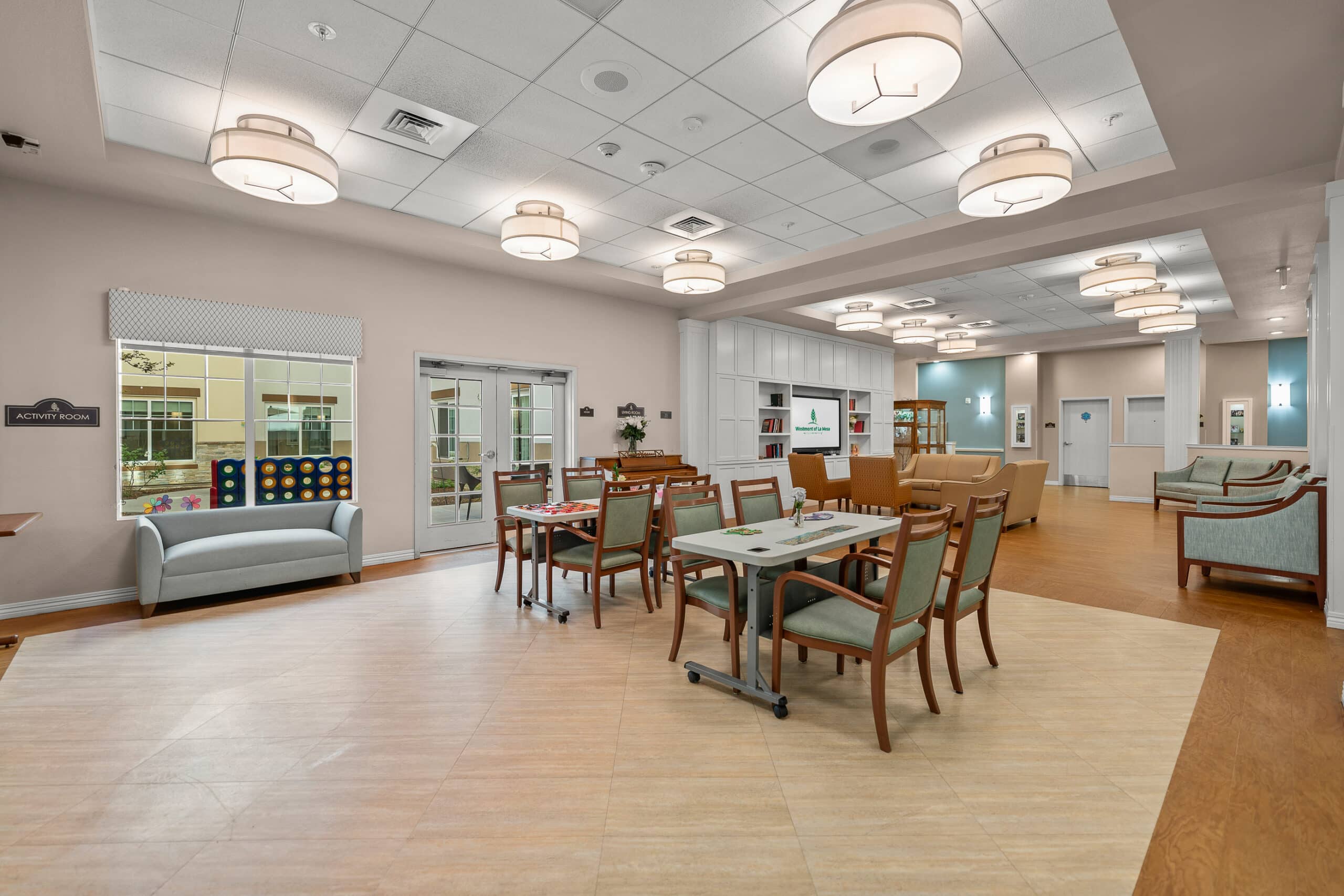
Senior Living Communities in San Diego, CA for Comfort
Finding the right place to retire shouldn’t feel overwhelming—it should feel exciting. At Westmont of La Mesa, you’ll discover a vibrant environment designed to help
Gain expert insights and practical tips to help seniors and their families navigate senior living with confidence.
Category: Health

Finding the right place to retire shouldn’t feel overwhelming—it should feel exciting. At Westmont of La Mesa, you’ll discover a vibrant environment designed to help

Maintaining clear, healthy vision is essential to living well, especially as we age. At Westmont of Morgan Hill, we recognize how eye problems in seniors

If you’re searching for enjoyable ways to stay mentally active, physically engaged, and socially connected, indoor games for adults are the perfect solution. These activities

Maintaining healthy skin becomes increasingly important with age, especially when it comes to preventing and managing skin diseases. For seniors, skin can become more fragile

Navigating the senior care journey for a loved one can be overwhelming—but you don’t have to go through it alone. A Geriatric Care Manager at

If you or a loved one is experiencing insomnia in seniors, you’re not alone—and more importantly, you’re not without solutions. Aging often brings changes to

A safe home environment plays a significant role in preventing falls among seniors. For families and caregivers looking to build stronger safety strategies, understanding the

Managing diabetes effectively requires not only the proper medication but also the right nursing care approach. One of the most common medications prescribed for type

Double vision, medically known as diplopia, can be frightening and disorienting, especially for older adults. When images blur or appear doubled, daily tasks such as

If you’ve started to notice blurry or distorted vision in a loved one, it could be more than a typical sign of aging. These changes
Discover the level of care you or your family member requires.
Popular Blogs





Find out if you or your loved one’s current lifestyle is best suited for long, healthy aging.
Each of our communities across California and Oregon offers a unique blend of activities, connection, and wellness.
Embrace a lifestyle where your interests and independence are celebrated every day.
9000 Murray Drive La Mesa, CA 91942
Luxury redefined in a resort-style setting, tailored for dynamic senior living experiences.
190 Via Jero, Goleta, CA 93117
Where warmth meets care, curating an inviting senior living experience.
17050 Arnold Drive Riverside, CA 92518
A harmonious blend of belonging, independence, and enriching senior lifestyles.
All Rights Reserved. Powered by ConversionFormula.
Pick a Westmont community to explore and schedule your personal walkthrough!
Make yourself at home where a happy, healthy lifestyle goes hand-in-hand with your personal fulfillment, enrichment, and growth.
Answer a few quick questions to unlock the exciting future senior living can offer!